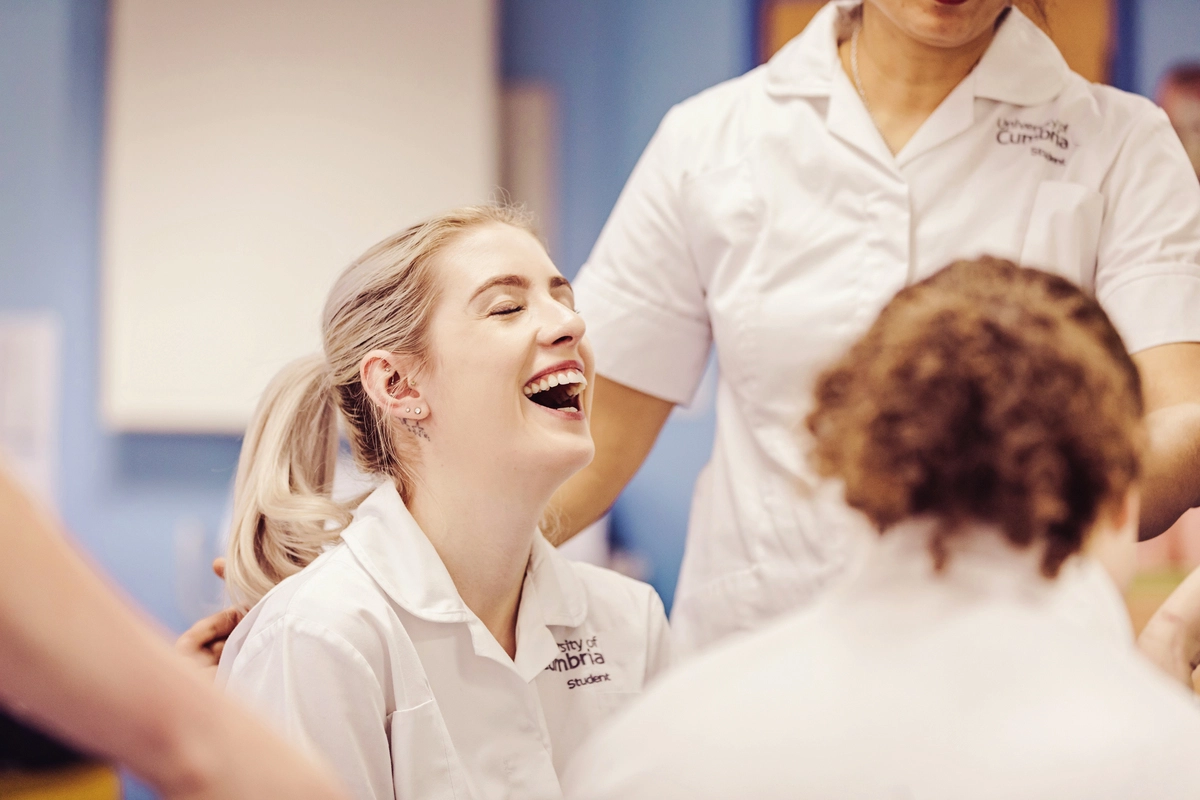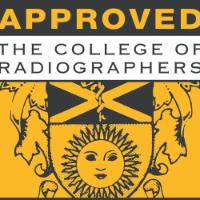FdSc - Assistant Practitioner (Health) (Apprenticeship)
This apprenticeship programme aims to enable support workers in five fields of healthcare - radiography, midwifery, occupational therapy, physiotherapy and health & social care to work as an Assistant Practitioner.
This is for support workers wishing to progress in their careers and will enable you to deliver high person centred and holistic care within the scope of your practice. You will be a level in between support worker and registered healthcare practitioner at the end of the programme. It will ground you in your clinical field and facilitate your onward journey to registered practitioner if you are clinically and academically able to do so.
Be prepared to work hard and manage your study with work and life. This is an opportunity of a lifetime grab it with both hands!
As an employer you will be able to grow and develop a skilled workforce grounded in experiential learning within the chosen field of practice. There are no placements in this programme, your employee will develop and deepen their clinical skills within their chosen area of practice.

Course Overview
Our learners are all employees throughout. You are required to be in University online for one study day per week. Working with a team to ensure you develop all the skills to be a professional and competent Assistant Practitioner each pathway is also tailored to the field of practice with three distinct modules (two in year one and one in year two) which are specific to your field of practice. Progression routes are available for each pathway.
Our tutors teach generic modules as a whole cohort but there are always opportunities to learn in your field specific groups.
The modules which are not taught this way are the applied biological sciences as each field has specific needs. All learners also learn at work and there is an expectation that a learning environment is provided with opportunities to work alongside registered healthcare professionals to enhance levels of clinical skills and knowledge. You will be provided with a personal tutor who is from your specific field of practice.
Students will need to be employed at least 30 hours per week.
On this course you will...
- Support workers will be able to work as an Assistant Practitioner (Health) within their own field and scope of practice.
- Work within the limits of their competence and authority to provide high quality, evidence-based clinical, diagnostic or therapeutic care and holistic support as part of the wider healthcare team.
- Communicate effectively with a wide range of people whilst maintaining a safe and healthy working environment.
- Learn whilst staying in their own clinical area for two years and gain in depth experience in their chosen field of practice.
- Support workers will develop clinical and professional skills to enable them to fully integrate and support registered healthcare practitioners and provide excellent patient care.
- This course enables employers to grow and develop their own staff to improve retention and support their workforce agendas.
Location
Online Learning
Online learning at the University of Cumbria is an interactive experience that makes use of a range of technologies and media types to provide a rich learning environment.
Find out more
Find out more about studying with us
Attend an Open Day at Cumbria
An Open Day is your opportunity to explore one of 5 campuses, meet your lecturers, and find out how the University of Cumbria could become your new home.




.jpg)


